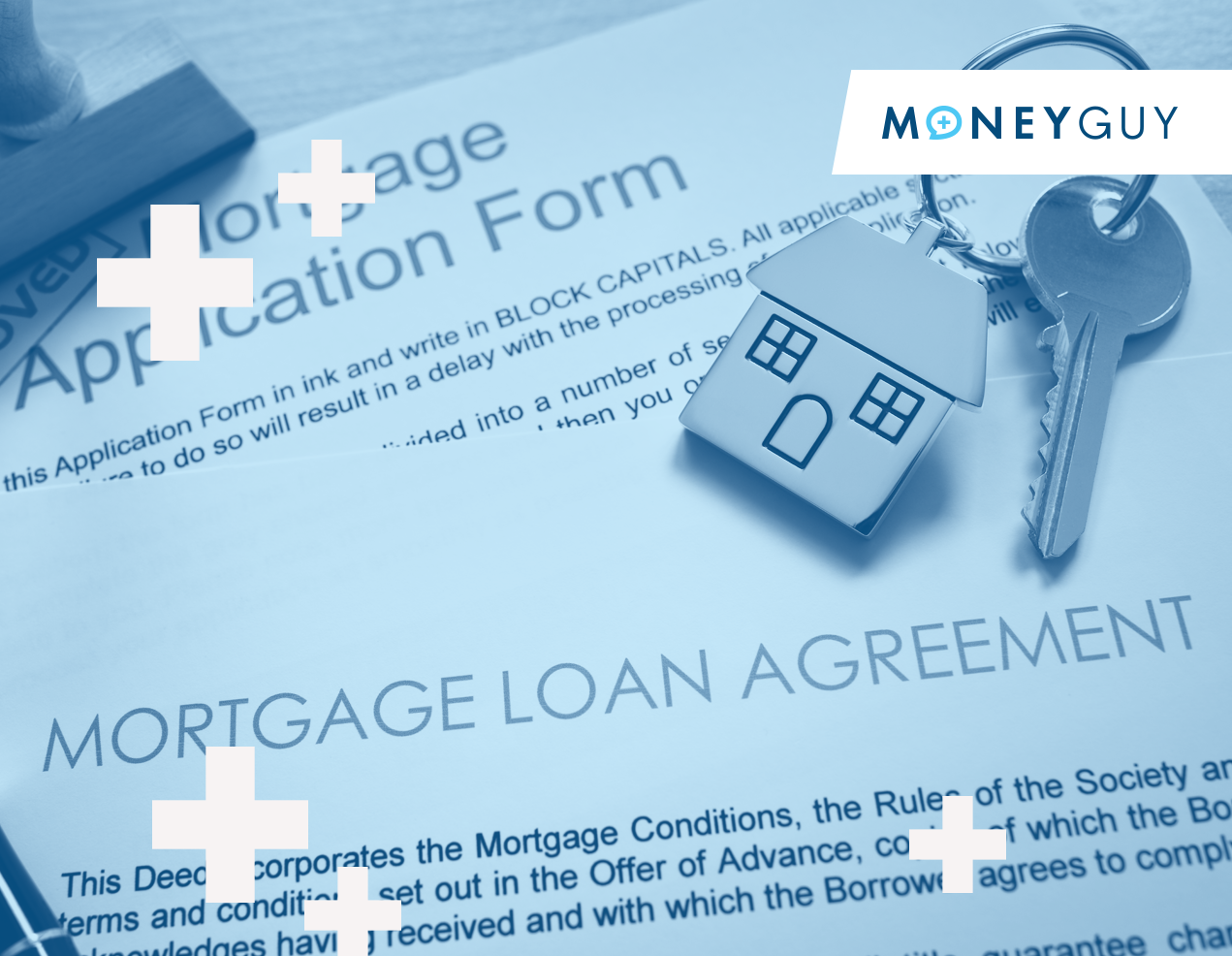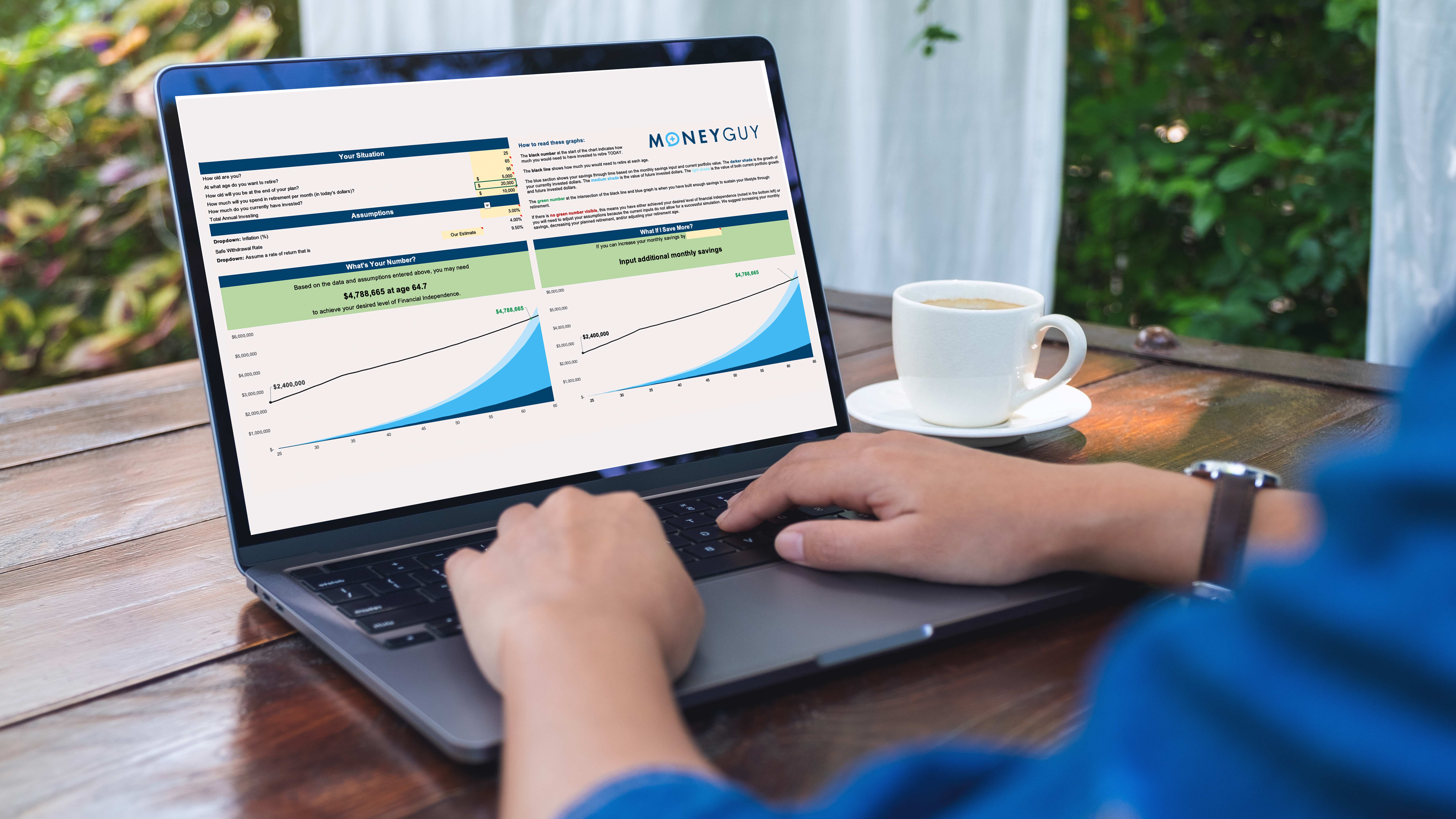
Change your life by
managing your money better.
Subscribe to our free weekly newsletter by entering your email address below.

Subscribe to our free weekly newsletter by entering your email address below.
Well, so far the beginning of 2009 has felt quite similar to the last part of 2008. That, however, does not mean that there aren’t opportunities out there for us to take advantage of. Two common questions I’ve been getting from you are ‘should i still do this whole re-balancing thing?’ and ‘what do I need to know about re-financing?’ In today’s show I tackle both of these issues.
I’m going to go out on a limb and say that right now might be the best time ever to re-finance the mortgage on your home. The reason I say this is that rates are artificially low. Due to the housing debacle and the overall slow-down of the economy, the government is trying to figure out anything they can to 1) boost the economy and 2) unload homes. Because of this, rates are now hovering in the 4.5% – 5.0% range. Re-financing your home is similar to buying a car in that you have to know what you are doing and know what to look for. As you listen to the show I will define and explain some of the following issues:
The second topic I touch on in the show is re-balancing. 2008 was the best and worst of times for asset allocation. What I mean by this is that for the first three quarters of 2008, asset allocation held up great. A well-diversified and properly allocated portfolio was able to experience a great deal less volatility than the broad markets. Then came the fourth quarter when fear gripped the markets and punished any asset class not tied to cash. Every asset class began losing, and when asset classes move in the same direction, correlation coefficients are out the window. This link from SmartMoney provides a very useful asset allocation tool based on your response to a brief questionnaire. Consider using this tool to reevaluate your risk tolerance and to re-balance your portfolio.
Keep your eyes open in the coming weeks for our brand new functioning members section.


Refinance Guide
Learn everything you need to know to do it right. This guide breaks down how refinancing works, when it’s a…
View Resource
Financial Order of Operations®: Maximize Your Army of Dollar Bills!
Here are the 9 steps you’ve been waiting for Building wealth is simple when you know what to do and…
View Resource
Does the 25% Gross Mortgage Rule Still Apply in 2024?
Read MoreHow To Pay Off Debt the Right Way
Read MoreExclusive Sneak Peek of Millionaire Mission by Brian Preston
Read More

How about more sense and more money?
Check for blindspots and shift into the financial fast-lane. Join a community of like minded Financial Mutants as we accelerate our wealth building process and have fun while doing it.




It's like finding some change in the couch cushions.
Watch or listen every week to learn and apply financial strategies to grow your wealth and live your best life.
Subscribe to our free weekly newsletter by entering your email address below.